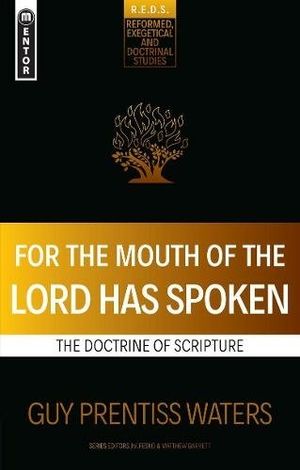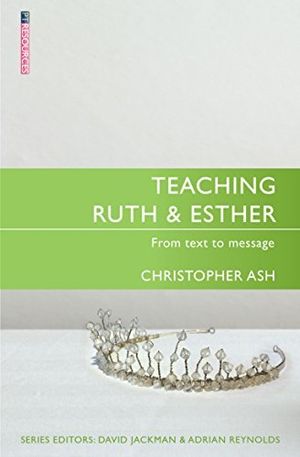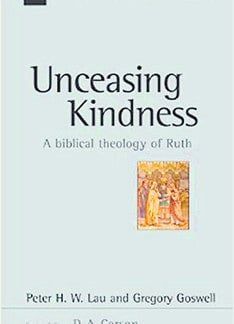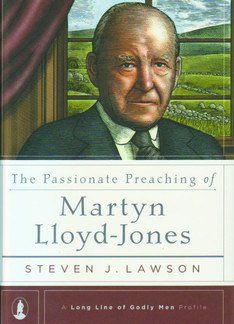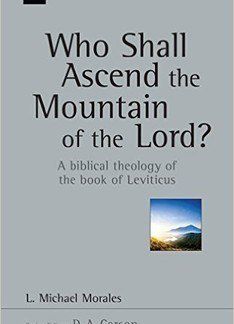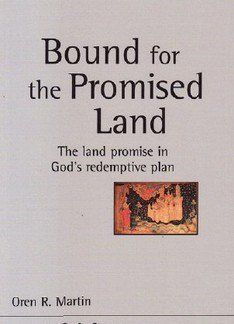Here is an unusual and timely book. It is unusual in that it tackles a subject that commentators often miss, and timely because its conclusions challenge Christians concerning the nature and mission of the church.
As its title suggests, the author considers the wilderness theme as it applies to the people of God. He first highlights the experience of Israel in that interim period between the redemption from Egypt and the conquest of Canaan, a period characterised by dangers and deliverances, trials and failures, judgement and blessing.
The author notes how a theological tradition arises out of Israel’s historical experience. The first chapter helpfully traces the wilderness theme throughout Scripture, covering Deuteronomy, Psalms, the Prophets, John the Baptist and Jesus’ associations with the wilderness, Stephen’s address in Acts 7 and Paul’s teaching in 1 Corinthians 10. Surprisingly, there is no mention of Revelation 12.
The rest of the book shows how Hebrews uses the wilderness theme, with chapters on the people of God today as ‘A people of the covenant’, ‘A unified people’, ‘The tension of the life in the wilderness’, ‘The new wilderness community in worship’ and ‘The final goal of the wilderness people’.
The closing chapter considers the ‘Practical implications for God’s people in the wilderness today’, emphasising how in Hebrews the doctrinal sections provide the foundation for the seven admonitions.
Palmer Robertson’s concluding concerns are that those evangelised realise that they have not yet arrived at the consummation. There are many trials and dangers for Christians to face but, among the blessings on the way, we have an all-powerful God to deliver us and a Great High Priest to encourage and help us.
This is a stimulating, easy-to-read book, with endnotes for those interested in following up the author’s references and ideas.



